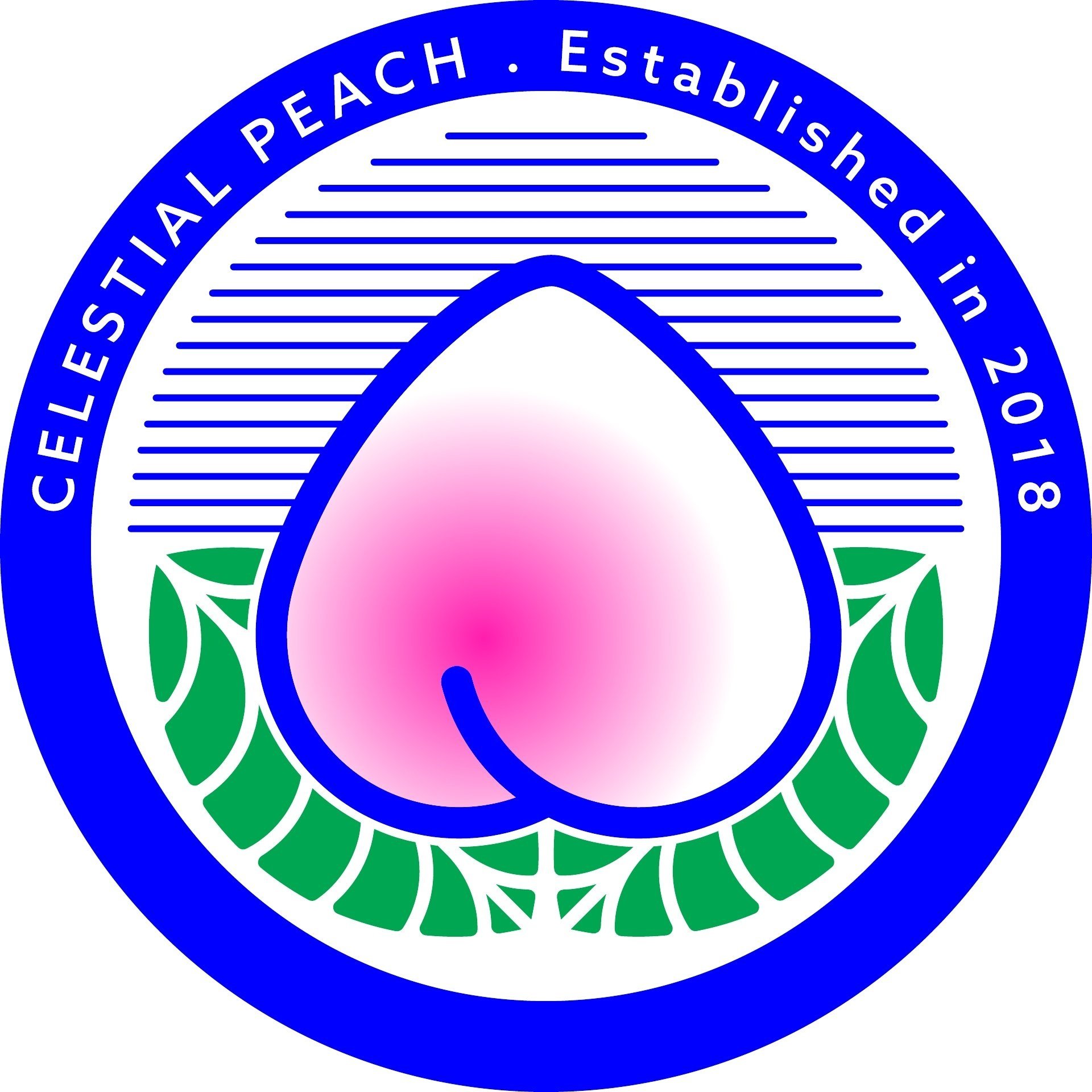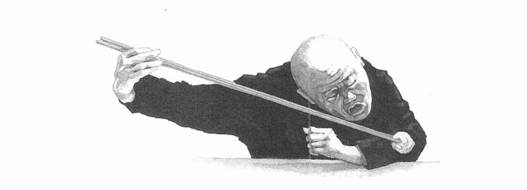Heaven, Hell and chopsticks
Image via lsaruminations.edublogs.org
What’s in a chopstick?
Next in my series of articles on the humble chopstick, we take another look at the dining table as analogy for humanity.
I first heard this story during school assembly. It’s an old Zen parable that is told in a few different cultures, sometimes with spoons instead of chopsticks, though always with the same message.
The story always stuck with me, and reminds me how Chinese children are always taught to serve others first at the dinner table, by taking food from the communal dishes and placing it on their elders’ plates as a mark of respect. So typically Chinese people do not think twice about serving others during social eating occasions, sometimes to the bemusement of non–Chinese guests…
Once upon a time, in a temple nestled in the misty end of south hill, lived a pair of monks. One old and one young.
“What are the differences between Heaven and Hell?” the young monk asked the learned master one day.
“There are no material differences,” replied the old monk peacefully.
“None at all?” asked the confused young monk.
“Yes. Both Heaven and Hell look the same. They all have a dining hall with a big hot pot in the centre in which some delicious noodles are boiled, giving off an appetising scent,” said our old priest. “The size of the pan and the number of people sitting around the pot are the same in these two places.”
“But oddly, each diner is given a pair of meter-long chopsticks and must use them to eat the noodles. And to eat the noodles, one must hold the chopsticks properly at their ends, no cheating is allowed,” the Zen master went on to describe to our young monk.
“In the case of Hell, people are always starved because no matter how hard they try, they fail to get the noodles into their mouths,” said the old priest.
“But isn't it the same happens to the people in Heaven?” the junior questioned.
“No. They can eat because they each feed the person sitting opposite them at the table. You see, that is the difference between Heaven and Hell,” explained the old monk.
(Parable source: chaxiubao.typepad.com)







